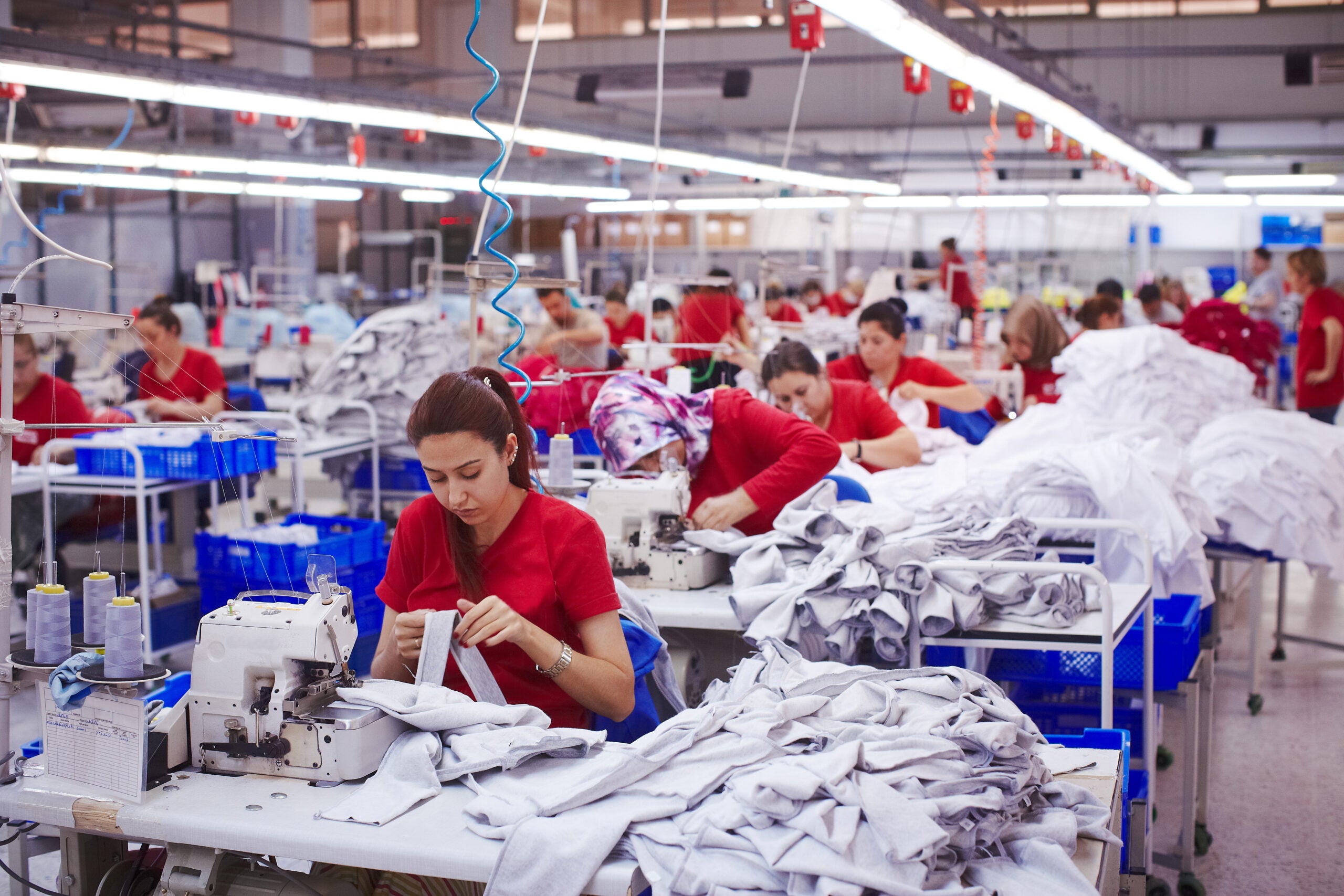
The Standard Convergence Initiative (SCI) was unveiled by the International Textile Manufacturers Federation (ITMF) and the International Apparel Federation (IAF) at the OECD Forum on Due Diligence in the Garment and Footwear Sector in February of last year. It aims to tackle the problem of audit and standard fatigue in the clothing and textile industries by having third-party and brand/retailer proprietary standards align across four key areas.
These areas are:
- Willingness to harmonise standards
- Compliance with Organisation for Economic Co-operation and Development (OECD) and International Labour Organization (ILO) guidelines
- The use of an existing platform to avoid audit duplication
- Global certification of auditors.
The IAF and ITMF say that if a standard body addresses most or all of the selected criteria, then the standard illustrates a propensity for convergence. The SCI plans to promote these standards, which will hopefully lead to greater alignment/harmonisation of standards and audit/oversight processes.
With the help of the Standards Map of the International Trade Center (ITC), the SCI has released preliminary results to assess to what degree standards are prepared to converge.
The preliminary results assess six prominent standards operating in the textile and footwear sector, specifically:
- amfori BSCI
- Fair Labor Association (FLA)
- Global Organic Textile Standard (GOTS)
- Made in Green by Oeko-Tex, SA8000
- Worldwide Responsible Accredited Production (WRAP)
The report states: “Third-party standard bodies should consider aligning their standards where feasible to do so and brands/retailers should consider dropping their proprietary standards in favour of more streamlined third-party standards.”
The IAF and ITMF say standards that initially show a high preparedness for convergence and, subsequently, work toward increased convergence, will be promoted on the SCI website. It is hoped that once standard bodies understand where they are on the spectrum of convergence, they will be encouraged to work toward a common goal of increased alignment across certain standard requirements, quality assurance processes and oversight methodologies, the two bodies say.
The status report adds: “Finding common ground across similar or same areas in the plethora of third-party standards operating in the garment and footwear sector will result in a significant decrease in repetitive compliance processes and help manufacturers/suppliers better focus their energy and resources on implementing improvements to working conditions within their organisations and along their supply chains.”
Just Style contacted the operators of the six standards assessed in the report for their comments.
A spokesperson for Social Accountability International, which operates the SA8000 Standard, said: “In general, we strongly support movement away from individual brand and retailer audits in favour of third-party standards and consolidation of audit efforts where feasible.
“As for the SCI report, we cannot comment on specifics as we are still reviewing the report internally at this time.”
Meanwhile, WRAP pointed Just Style to a paper it published two years ago in which it introduces the concept of “symphonization”, a new social compliance paradigm.
“Audit fatigue is a significant issue for manufacturers who must undergo multiple audits each year to satisfy the varying standards and expectations of different buyers,” a spokesperson said. “There have been many attempts to address this issue with a one-size-fits-all approach, seeking to impose a single code to which all are held. However, these initiatives always fail because they do not take into account the differing needs and values of entities across the supply chain. Instead of repeating past failures to harmonise to a single standard, we believe it is necessary to recognise we can all play different roles towards a common goal, creating a symphony of offerings that satisfy the needs of all relevant stakeholders.
“Turning towards independent programmes that ensure facilities meet responsible sourcing standards not only reduces audit fatigue, but it also demonstrates that brands and retailers are affirmatively examining their own supply chains through a process that is strategic, objective, and accountable. If nothing else, this pandemic has presented our world with the opportunity to reset the supply chain social compliance management paradigm – moving away from duplicative proprietary programmes to an approach involving a handful of specialised, professional, independent organisations providing a menu-of-options for the supply chain as a whole.”
Oeko-Tex told Just Style cohesive collaboration and global action are not only important within the Oeko-Tex Association but also within the industry.
“We believe that the ambitions and goals of established initiatives and standards can strengthen working conditions worldwide, improve environmental conditions and promote sustainable materials and products. As Oeko-Tex Association, we have continuous discussions with other trusted organisations and value this know-how exchange. Alignment is always desirable when it does not diminish or undermine the core value of the organisation and its activities, but ensures that the industry as a whole takes a step towards sustainability,” a spokesperson said.
amfori, FLA, and GOTS did not respond at the time of going to press.
Click here for the report results in full.


